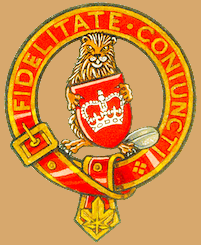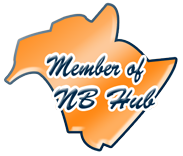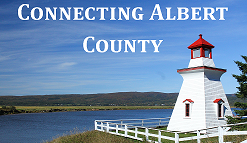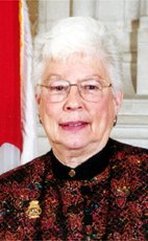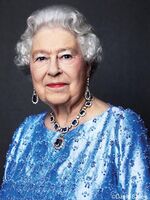 The Sapphire Queen
The Sapphire Queen Queen's ascension to the throne. This
event is known as a 'Sapphire Jubilee'.
But what exactly is a 'jubilee'? In
simplest terms a jubilee marks an
important milestone. The term has its
origins in the Old Testament where every
50th year was to be declared a year of
jubilee when debts would be forgiven,
celebrations had, and slaves freed.
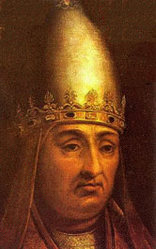 Pope Boniface VIII
Pope Boniface VIII was held in 1300. The previous year and
seen an upsurge in the number of
pilgrims owing to war and disease
occurring in many parts of Europe. Some
pilgrims persuaded Pope Boniface VIII
that great indulgences had been granted
about 100 years before. The Pope decided
to institute a jubilee year for the
remission of sins and universal pardon.
Originally meant to be celebrated ever
100 years the duration was soon
shortened to roughly every 25 years.
unclear. George III was the first to celebrate a Golden Jubilee
(50 years on the throne). Relatively few monarchs have
reached such a milestone and in the British Isles relatively
few monarchs have reached their Silver Jubilee (25 years on
the throne) the shortest jubilee celebrated.
Silver (25 years)
Ruby (40 years)
Golden (50 years)
Diamond (60 years)
Sapphire (65 years)
Platinum (70 years)
A 100 year anniversary is known as a centenary rather than a
jubilee. Obviously no monarch has celebrated a centenary of
their reign although Pharaoh Pepi II Neferkare of Egypt
supposedly came close with a reign of 94 years. Should Her
Majesty reign until 2022 she will be the first Canadian
monarch to celebrate a Platinum Jubilee.
Jubilees have often been occasion to celebrate including the
issuing of jubilee medals to worthy individuals, parades, and
similar events.
Loyally Yours,
A Kisaragi Colour
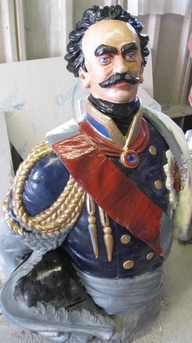
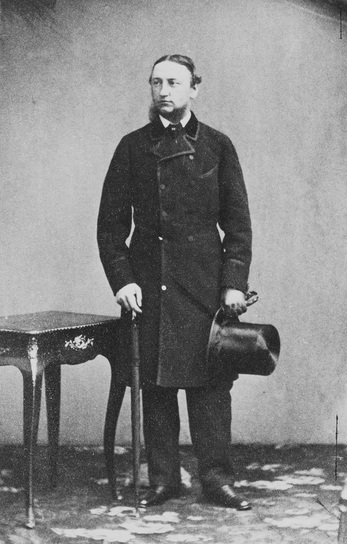
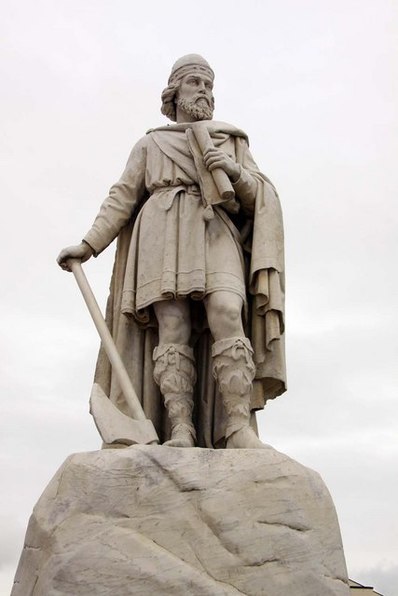
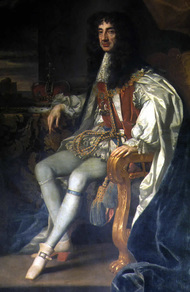
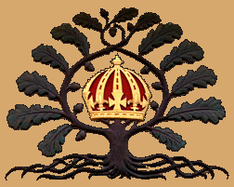
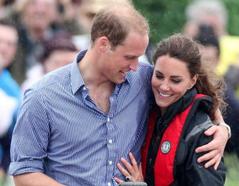
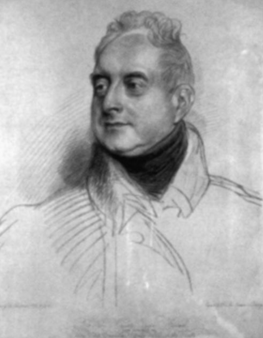
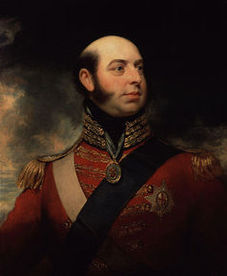
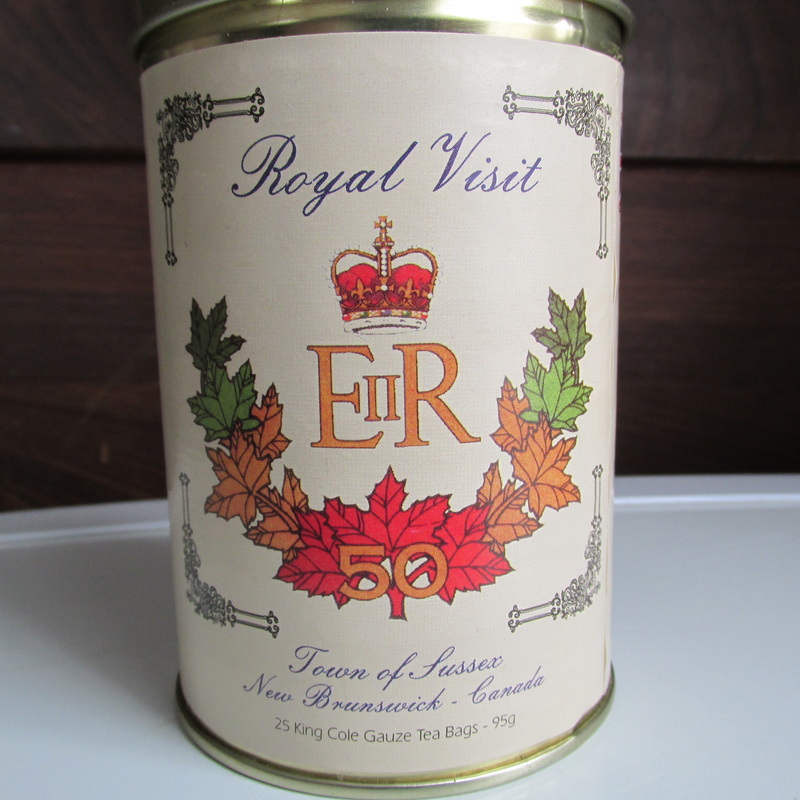
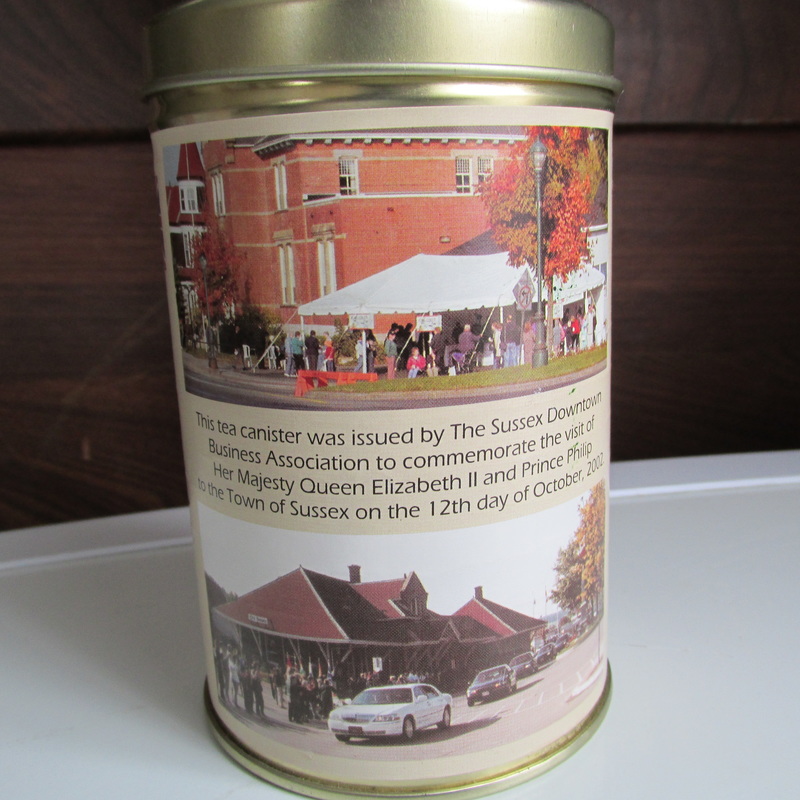
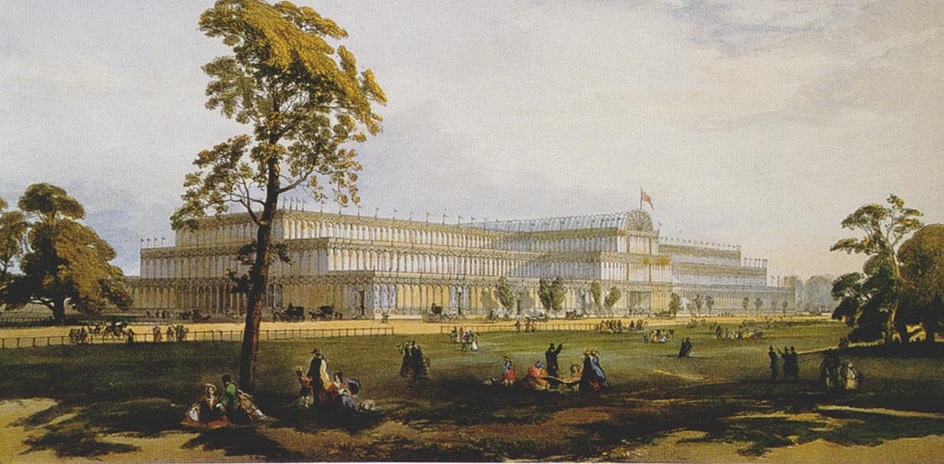
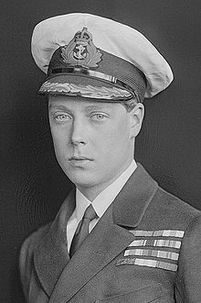
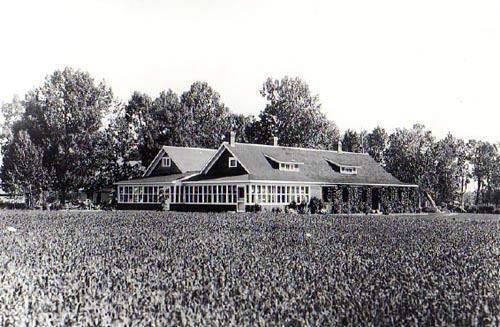
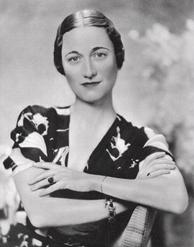
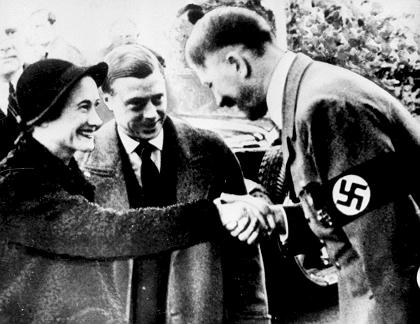
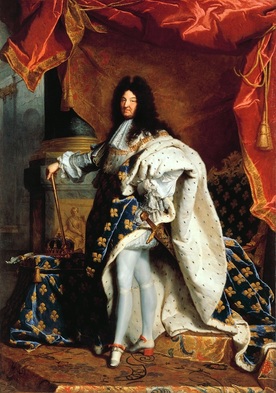
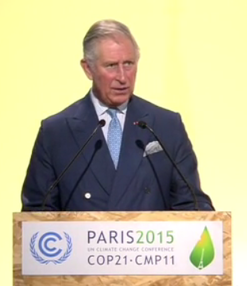
 RSS Feed
RSS Feed
